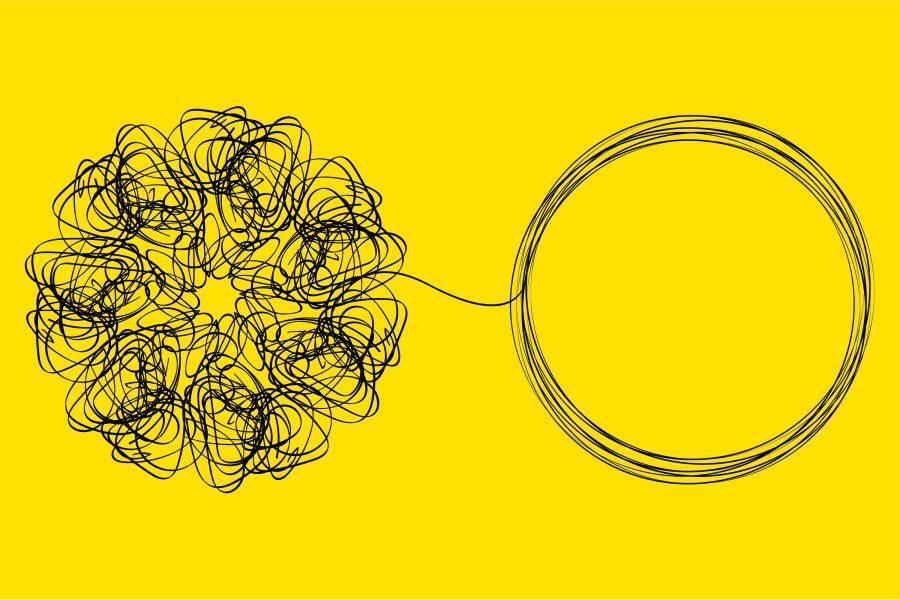
Image caption:
Greg Rienzi
Editor
An (early) Happy New Year.
Truly, I hope 2023 brings you not just joy and fulfillment but a sense of calm. Remember that? Many can't. Anxiety and depression have been on the rise in this country, with no end in sight. As I'm writing this, we're headed into the holidays, for so many a period of increased sadness, self-reflection, loneliness, and anxiety. We need the front line of mental health caregivers more than ever—but they're strapped.
It has been difficult to find mental health counseling in much of the United States for a while, but now, after years of unrelenting stress and grief, many people seeking help are confronting a system at or beyond capacity, according to therapists recently polled by The Washington Post. The Post offered up some suggestions in an article titled "10 Ways to Get Mental Health Help During a Therapist Shortage." The first tip: Be persistent and cast a wide net. Clinical psychologist Tamar Mendelson echoed this advice in my Q&A with her on the teen mental health crisis.
Doing nothing and waiting for the depression to pass, Mendelson says, is often a harbinger of continued anguish. Even if you can't find a trained professional right away, Mendelson suggests that you reach out to a friend or family member, or perhaps a religious or community leader—someone who truly cares. In her school-based intervention called RAP Club, teens shared their troubles with peers. And it helped. It highlights one important point, she says: You're not alone.

Greg Rienzi
Editor
Give us your feedback by sending a letter to the editor via email to jhmagazine@jhu.edu. (We reserve the right to edit letters for length, style, clarity, and civility.)








